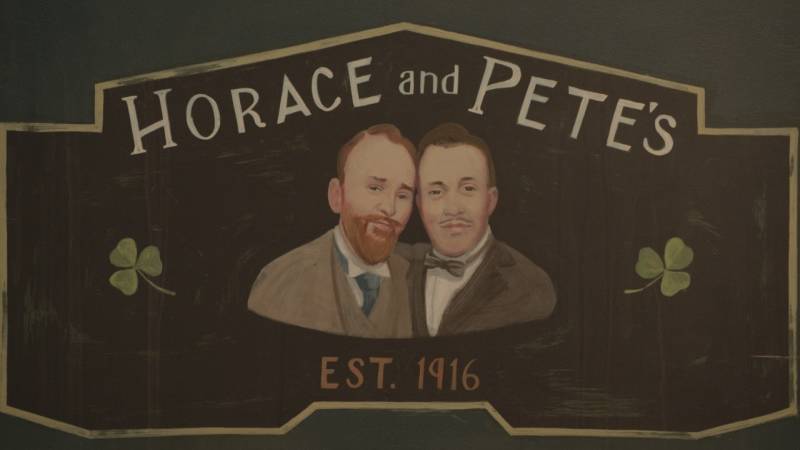If there’s any show that can be said to symbolize our present “golden era” of TV, it’s Horace and Pete, the comedian Louis C.K.’s new series set in a Brooklyn bar. C.K. unveiled the 10th and final episode this weekend. This is is an odd thing to say when you consider the fact that C.K. released the series via his website without the need of a network, and that Horace and Pete feels more like a docudrama or an episodic piece of theater than anything I’ve ever witnessed on a small screen.
Nevertheless, here are three reasons why Horace and Pete is brilliant:
1. It tells a story that feels old and new all at once.
I read a tongue-in-cheek elevator pitch-style description of the show in The New Yorker which I thought was right on the nose when it said Horace and Pete was “Cheers meets The Iceman Cometh.” And with its story about a group of blood relations destined to repeat their cycle of woes into perpetuity, a tragic hero who ultimately falls despite striving to do the right thing (C.K.’s role as bar co-owner Horace), and “chorus” of barflies, the series veers into the terrain of Greek tragedy.
Yet at the same time, the plot bubbles and spews with today’s headlines; Donald Trump’s campaign is an intermittent discussion point throughout. And it grapples in an explosive but still non-heavy-handed way with the issues of our time.
One of the most thoughtful scenes, for example, presents a side of transgender politics I’ve never given much thought to before: the question of whether it’s ethical for a transgender person to keep silent about their former gender identity to a person they’re sleeping with. Horace, who’s resolutely straight, has a happy one-night stand with a beautiful alcoholic. In the morning over eggs and coffee — well, Horace has coffee; his date Rhonda (played by Karen Pittman) asks for something a little stronger and her gracious host obliges — the conversation takes a left turn when Horace finds out Rhonda used to be a guy. At least, the possibility of a sex change is strongly inferred, though never explicitly stated. As non-judgmental as Horace is about people who make a habit of drinking whiskey before breakfast, he gets flustered and accusatory at the thought he’s somehow been “duped” into a “homosexual” encounter. Fascinating stuff.


